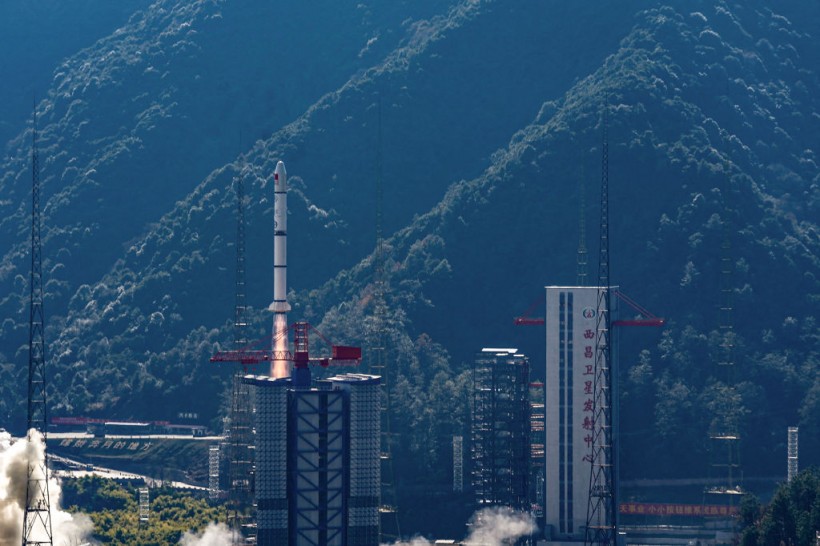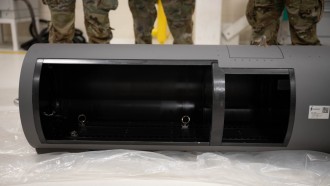China Aerospace Science and Technology Corp (CASC) has achieved a major milestone in space exploration with the successful completion of ground tests for its 130-ton reusable liquid oxygen kerosene engine.
The engine, developed by CASC's Sixth Academy, promises to transform space travel with its groundbreaking propulsion capabilities. According to reports from Chinese state media, CASC's engineers completed two ground ignition tests on Saturday, April 13, marking a historic moment in China's space program.
China's Massive Reusable Rockets Sets New Record
The engine's performance during the tests surpassed expectations, with a total of 15 repeated tests, 30 ignition starts, and a cumulative test duration exceeding 3,900 seconds.
This achievement not only sets a new record for the number of tests for liquid rocket main engines in China but also demonstrates the engine's comprehensive performance, strong expandability, and high reliability.
In a statement provided to the Global Times, the research team behind the engine emphasized its key features, stating, "The engine features comprehensive performance, strong expandability, and high reliability."
They also highlighted the engine's ability to address critical challenges in reusable rocket technology, including precise landing, stable docking, durability for reuse, and quick repair for maintenance.
(Photo : STR/AFP via Getty Images)
A Long March-2C rocket, carrying the Einstein Probe satellite, lifts off from the Xichang Satellite Launch Center in Xichang, in southwestern China's Sichuan province on January 9, 2024.
China's Rapid Progress in Space Exploration
China's successful ground tests of the 130-ton liquid oxygen kerosene engine highlight its rapid progress in space exploration and its ambitions to become a leading space power.
With plans to perform test flights for two state-owned reusable rockets in 2025 and 2026, including the Long March 10 for lunar missions, China is poised to make significant strides in space travel, Interesting Engineering notes.
According to industry insiders, the development of reusable rockets is a crucial step toward advancing China's commercial space launches and applications. The commercial space sector in China has experienced rapid growth, with significant investment and participation from the private sector and research institutions. In 2023 alone, nearly 6 billion yuan ($833 million) of social capital was invested in satellite and rocket manufacturing sectors.
Furthermore, China's commercial space launches have achieved new records, with 26 launches completed in 2023, accounting for 39 percent of the total launches, and a success rate of 96 percent, according to CASC data.
General Stephen Whiting, head of the US Space Command, recently raised concerns about China's rapid advancement in space technology, emphasizing the potential threats to American interests on Earth and in orbit.
Whiting, speaking to the US Senate Armed Services Committee, emphasized China's "breathtaking" progress in military space and counter-space capabilities, which aim to deny the US and its allies access to space assets if necessary.
Related Article: US Alarmed by China's Swift Space Advances, Threatening Decades-Long Dominance









